Posthumous Stories by Roberto Bolaño, translated from the Spanish by Chris Andrews and Natasha Wimmer, Picador, 2026
When Roberto Bolaño died at age fifty of liver disease, he left behind more than fourteen thousand pages of unpublished material; in the two decades since, his posthumous career in English translation has become as prolific as his final living years were urgent. Posthumous Stories, published in Spanish as El secreto del mal in 2007 and first appearing in Chris Andrews and Natasha Wimmer’s English translation in 2012, represents neither the first nor the last excavation of those folders on his hard drive. The collection arrives with no apology, no editorial disclaimer. Some pieces may be finished. Some may not. It becomes impossible to tell.
This ambiguity extends beyond the individual stories to encompass Bolaño’s entire English-language afterlife—for Anglophone readers have almost entirely encountered him only since his death: 2666 appeared in Spanish in 2004 but reached English readers only in 2008, while The Skating Rink (2009), The Third Reich (2011), Woes of the True Policeman (2012), The Spirit of Science Fiction (2014), and Cowboy Graves (2021) all arrived in English translation years after their Spanish publication. Even The Savage Detectives—the novel that finally brought him international recognition after originally being published in 1998—only appeared in Natasha Wimmer’s translation in 2007, four years after his death. For most American and British readers, Bolaño exists exclusively as a legacy author, his work arriving piecemeal, assembled by editors and translators working from files named BAIRES and STORIX, making educated guesses about intention and completion. READ MORE…





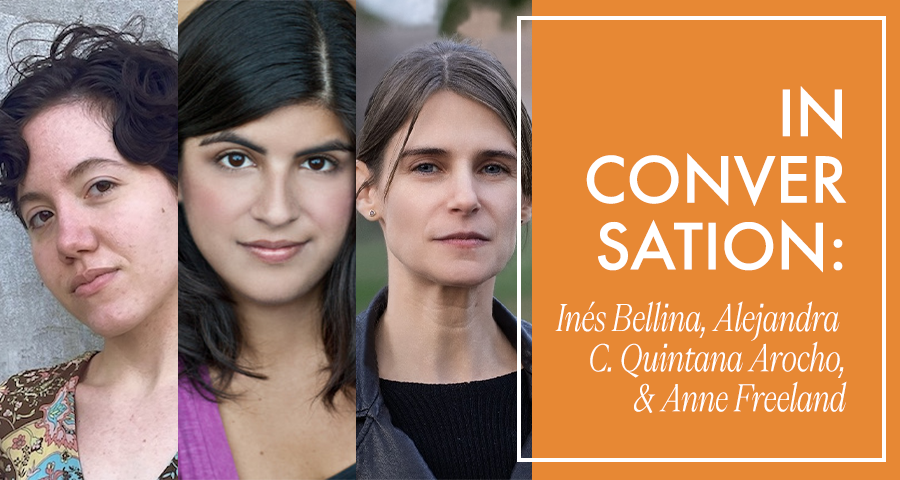



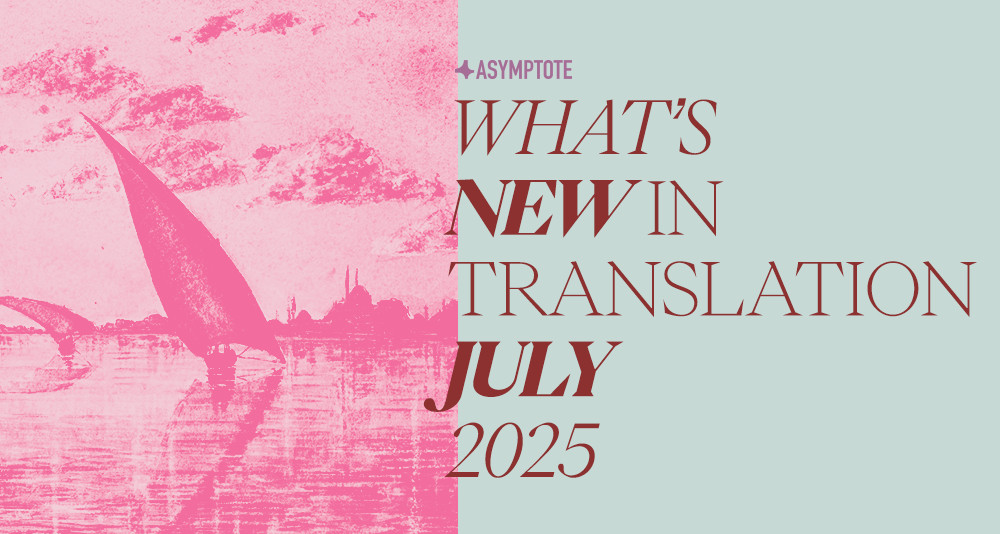
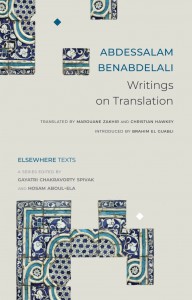
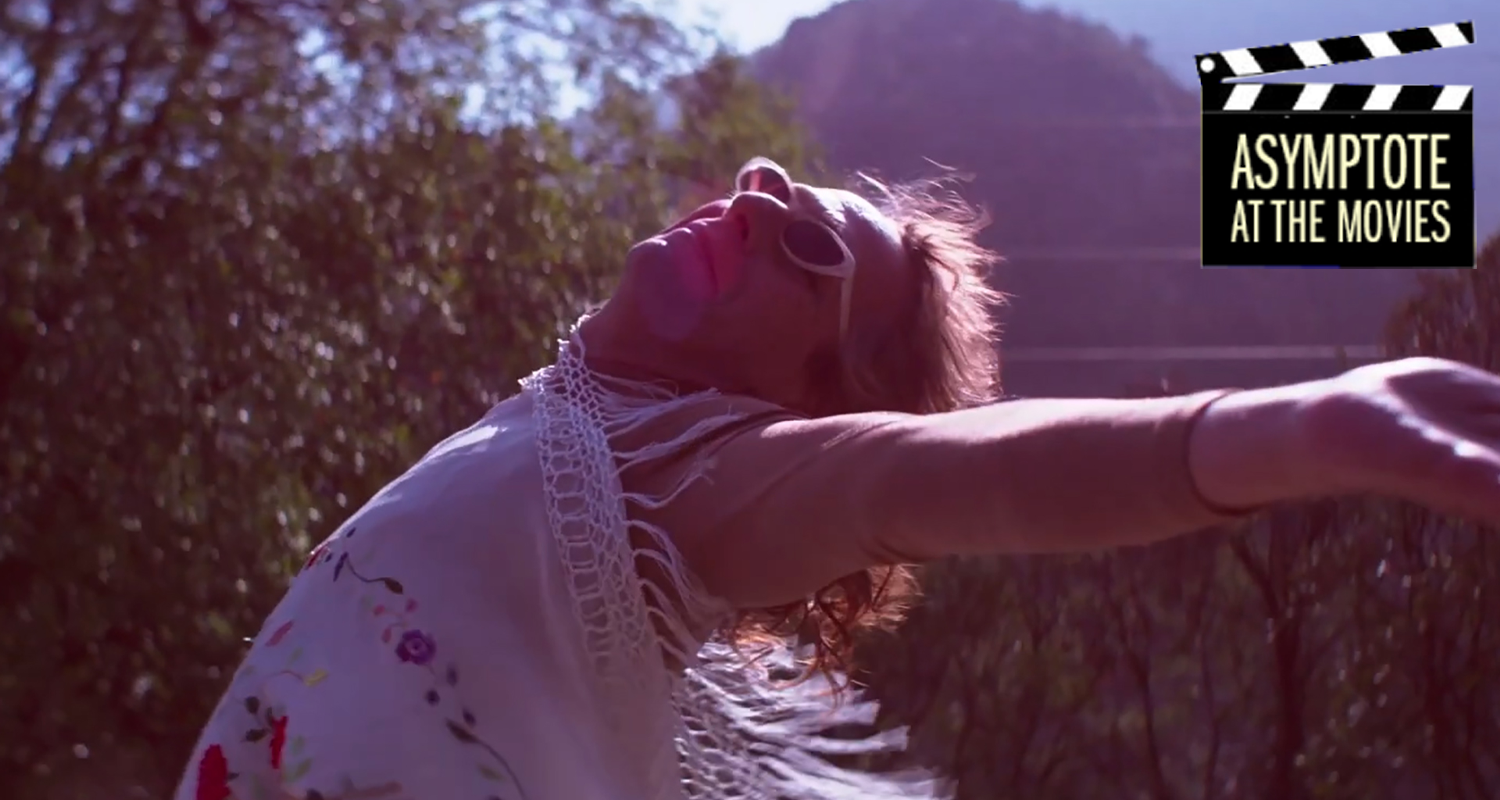

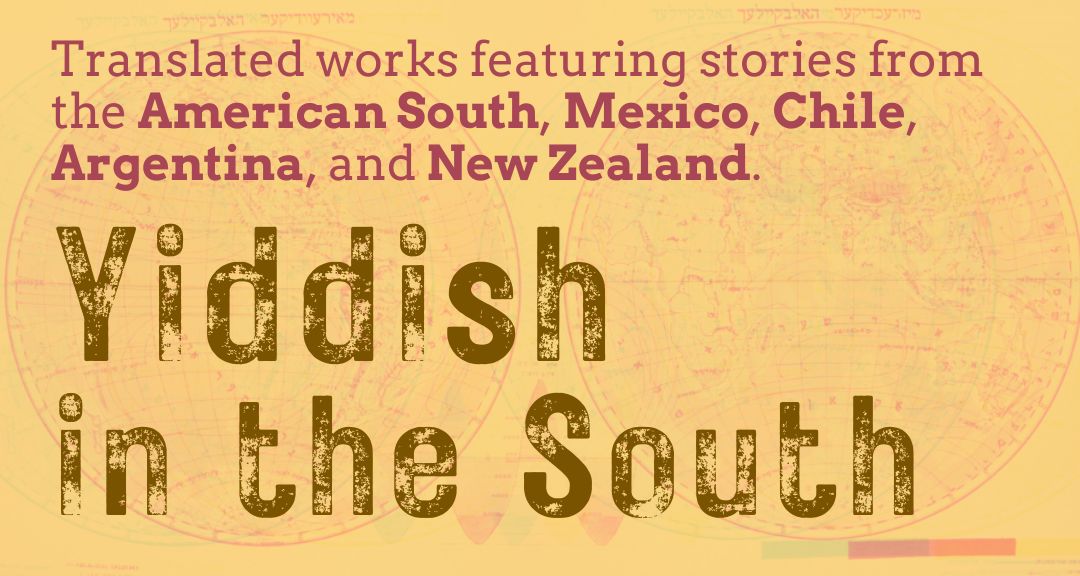
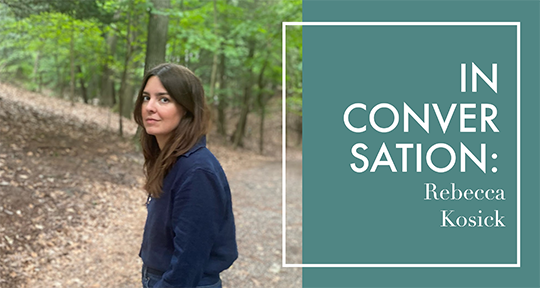
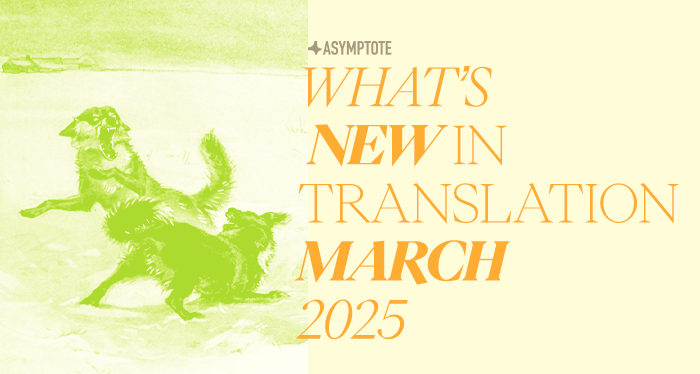
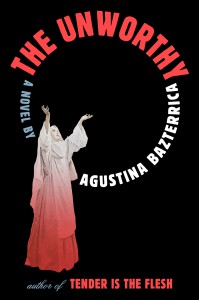


Blog Editors’ Highlights: Winter 2025
Reviewing the manifold interpretations and curiosities in our Winter 2025 issue.
In a new issue spanning thirty-two countries and twenty languages, the array of literary offers include textual experiments, ever-novel takes on the craft of translation, and profound works that relate to the present moment in both necessary and unexpected ways. Here, our blog editors point to the works that most moved them.
Introducing his translation of Franz Kafka’s The Trial in 2012, Breon Mitchell remarked that with every generation, there seems to be a need for a new translation of so-called classic works of literature. His iteration was radically adherent to the original manuscript of The Trial, which was diligently kept under lock and key until the mid-fifties; by then, it was discovered exactly to what extent Max Brod had rewritten and restructured the original looseleaf pages of Kafka’s original draft. It is clear from Mitchell’s note that he considers this edit, if not an offense to Kafka, an offense to the reader who has lost the opportunity to enact their own radical interpretation of the work: an interpretation that touched Mitchell so deeply, he then endeavored to recreate it for others.
In Asymptote’s Winter 2025 Issue, the (digital) pages are an array of surprising turns of phrase and intriguing structures—of literature that challenges what we believe to be literature, translations that challenge what we believe to be originality, and essays that challenge what we believe to be logic. I am always drawn to the latter: to criticism, and writing about writers. As such, this issue has been a treat.
With the hundredth anniversary of Kafka’s death just in the rearview and the hundredth anniversary of the publication of The Trial looming ever closer, the writer-turned-adjective has not escaped the interest of Asymptote contributors. Italian writer Giorgio Fontana, in Howard Curtis’s tight translation, holds a love for Kafka much like Breon Mitchell. In an excerpt from his book Kafka: A World of Truth, Fontana discusses how we, as readers, repossess the works of Kafka, molding them into something more simplistic or abstract than they are. In a convincing argument, he writes: “The defining characteristic of genius is . . . the possession of a secret that the poet has no ability to express.” READ MORE…
Contributors:- Bella Creel
, - Meghan Racklin
, - Xiao Yue Shan
; Languages: - French
, - German
, - Italian
, - Macedonian
, - Spanish
; Places: - Chile
, - France
, - Italy
, - Macedonia
, - Switzerland
, - Taiwan
, - Turkey
; Writers: - Agustín Fernández Mallo
, - Damion Searls
, - Elsa Gribinski
, - Giorgio Fontana
, - Lidija Dimkovska
, - Sedef Ecer
; Tags: - dystopian thinking
, - identity
, - interpretation
, - nationality
, - painting
, - political commentary
, - revolution
, - the Cypriot Question
, - the Macedonian Question
, - translation
, - visual art
, - Winter 2025 issue
, - world literature